Type 1 diabetes, formally known as juvenile diabetes, is a disease characterized by the inability of patients to produce their own insulin hormone. It currently afflicts an estimated three million Americans. While a rigorous regimen of blood glucose monitoring coupled with daily injections of insulin remains the leading treatment, diabetics still suffer ill effects due to challenges with daily compliance and imperfect blood glucose control.
Dr. Arturo Vegas, who is a leader in the development of targeted therapies, discusses the recent progress to overcome these challenges including the development of automated insulin dosing, the production of mature insulin-producing cells from human stem cells, and new materials that can be used to prevent the rejection of transplanted insulin-producing tissue. These technologies are bringing us closer than ever to mitigating this disease and improving the quality of life for these patients.









